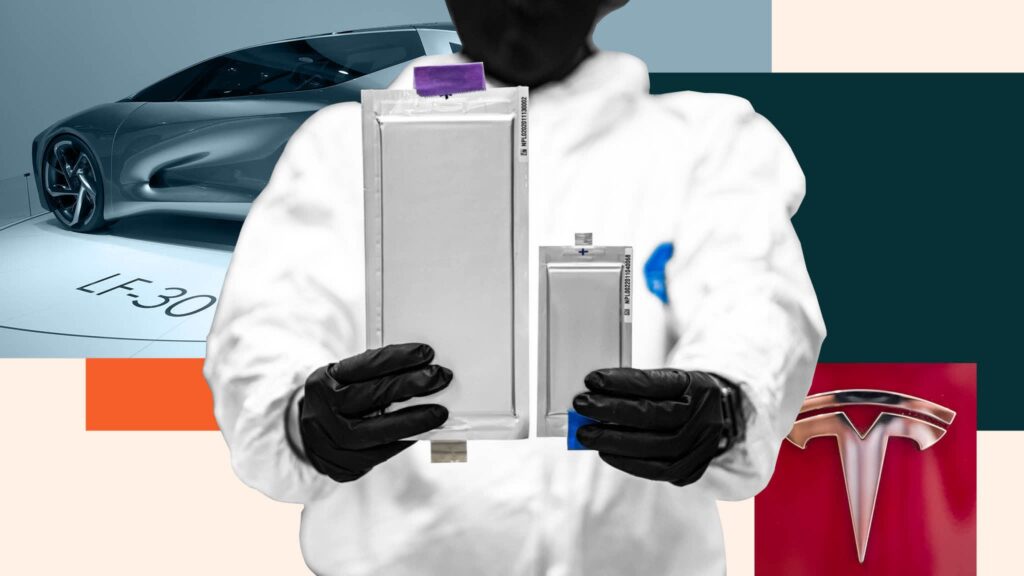UK has ‘no clear plan’ to reach electric-vehicle targets

The UK has a “mountain to climb” to meet its stretching target to phase out all new petrol, diesel and hybrid vehicles in just 14 years, according to an influential committee of MPs.
Ministers have “no clear published plan” to meet the ambition, the House of Commons public accounts committee said in a report on Wednesday, adding that it was “not convinced” that the government had “sufficiently thought through” how to expand critical electric-vehicle charging infrastructure “at the pace required”.
Transport is the UK’s biggest source of carbon dioxide emissions, accounting for nearly 30 per cent, with road transport a significant contributor.
“The government has a mountain to climb to get to all new cars in the UK emitting zero carbon in the next 14 years,” said Meg Hillier, chair of the public accounts committee. “Yet once again what we’ve got is a government throwing up a few signs around base camp.”
Last year, the government brought forward a ban on the sale of new petrol and diesel vehicles by ten years to 2030 as part of its green industrial revolution plan, while the sale of some hybrid cars that use both an electric battery and traditional motor will end in the mid-2030s.
But Hillier said that with ultra-low-emission cars accounting for just 11 per cent of new registrations last year, it will be a “huge challenge” to raise this to 100 per cent in just 14 years.
Mike Hawes, chief executive of industry trade group the Society of Motor Manufacturers and Traders, said: “The automotive industry shares government’s ambition for an electric revolution. However . . . we need a comprehensive and holistic plan to get us there in time.”
“That plan must convince consumers to make the switch, it must provide the incentives that make electric cars affordable for all, and it must ensure recharging is as easy as refuelling.”
Ministers have “not focused much attention” on the problem of access to electric-vehicle chargers for drivers without off-street parking with private charging, the committee claims.
Data from the English Housing Association suggest that a third of households in England do not have driveways, which rises to 68 per cent for social housing inhabitants.
Charging through public devices, found at roadsides, supermarkets and motorway service stations, can cost up to 78 per cent more than at home, according to the report.
The UK has more than 23,000 charging devices in more than 15,000 locations, which have been installed by private companies including BP, Ecotricity and Royal Dutch Shell’s Ubitricity arm. But coverage is patchy, with nearly 44 per cent of charging points located in London and the south-east, data from Zap-Map, a locator app, show.
MPs were concerned that some consumers are not convinced that electric vehicles are a suitable alternative to petrol and diesel cars, and highlighted that upfront prices are “still too high for many”.
Hillier similarly questioned how the Treasury would “wean itself off carbon revenues” raised from road transport.
The Department for Transport said: “We’ve got a highly ambitious and world-leading approach to increasing the uptake of zero-emission cars, and the progress we’re making in this area will help us to meet our targets.”